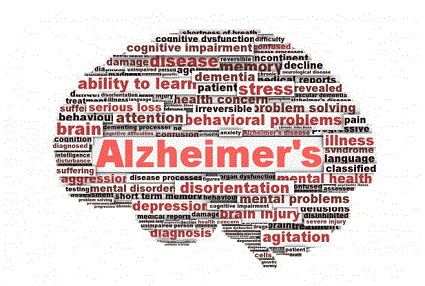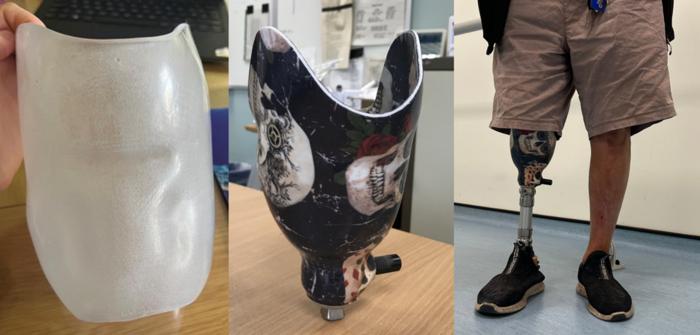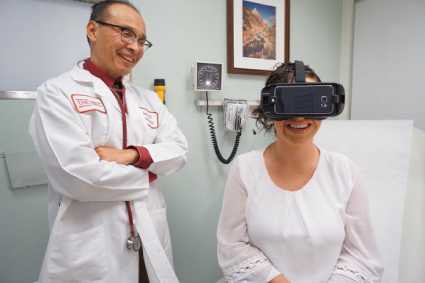Boston: It takes a lot of time—and money—to diagnose Alzheimer’s disease. After running lengthy in-person neuropsychological exams, clinicians have to transcribe, review, and analyze every response in detail. But researchers at Boston University have developed a new tool that could automate the process and eventually allow it to move online. Their machine learning–powered computational model can detect cognitive impairment from audio recordings of neuropsychological tests—no in-person appointment needed. Their findings were published in Alzheimer’s & Dementia: The Journal of the Alzheimer’s Association.
“This approach brings us one step closer to early intervention,” says Ioannis Paschalidis, a coauthor on the paper and a BU College of Engineering Distinguished Professor of Engineering. He says faster and earlier detection of Alzheimer’s could drive larger clinical trials that focus on individuals in early stages of the disease and potentially enable clinical interventions that slow cognitive decline: “It can form the basis of an online tool that could reach everyone and could increase the number of people who get screened early.”
The research team trained their model using audio recordings of neuropsychological interviews from over 1,000 individuals in the Framingham Heart Study, a long-running BU-led project looking at cardiovascular disease and other physiological conditions. Using automated online speech recognition tools—think, “Hey, Google!”—and a machine learning technique called natural language processing that helps computers understand text, they had their program transcribe the interviews, then encode them into numbers. A final model was trained to assess the likelihood and severity of an individual’s cognitive impairment using demographic data, the text encodings, and real diagnoses from neurologists and neuropsychologists.
Paschalidis says the model was not only able to accurately distinguish between healthy individuals and those with dementia, but also detect differences between those with mild cognitive impairment and dementia. And, it turned out, the quality of the recordings and how people spoke—whether their speech breezed along or consistently faltered—were less important than the content of what they were saying.
Source:
https://www.bu.edu/articles/2022/could-a-computer-diagnose-alzheimers-disease-and-dementia







